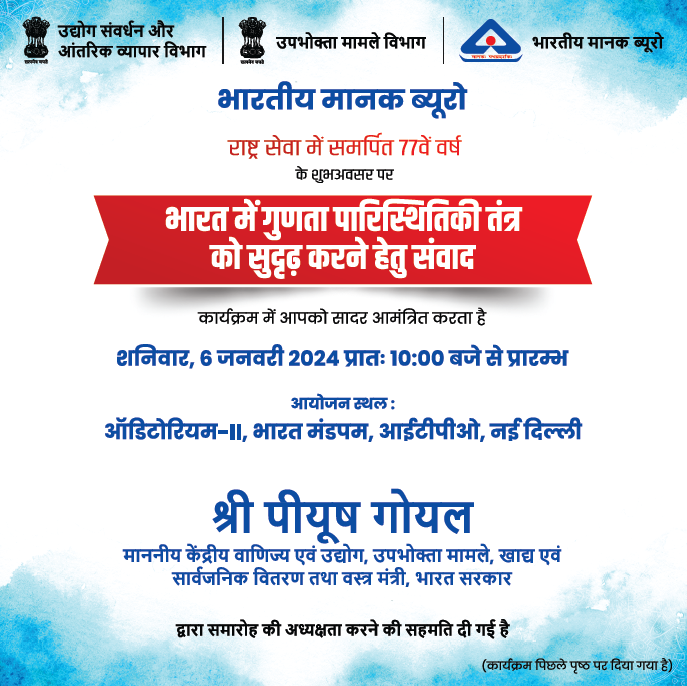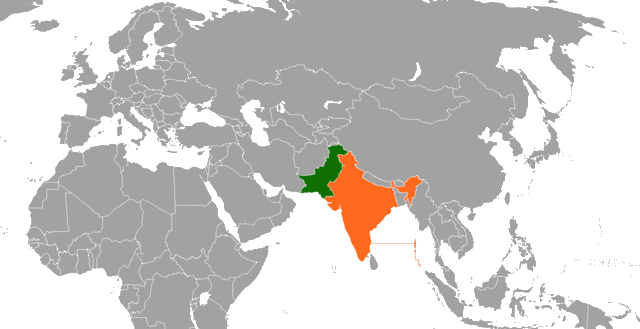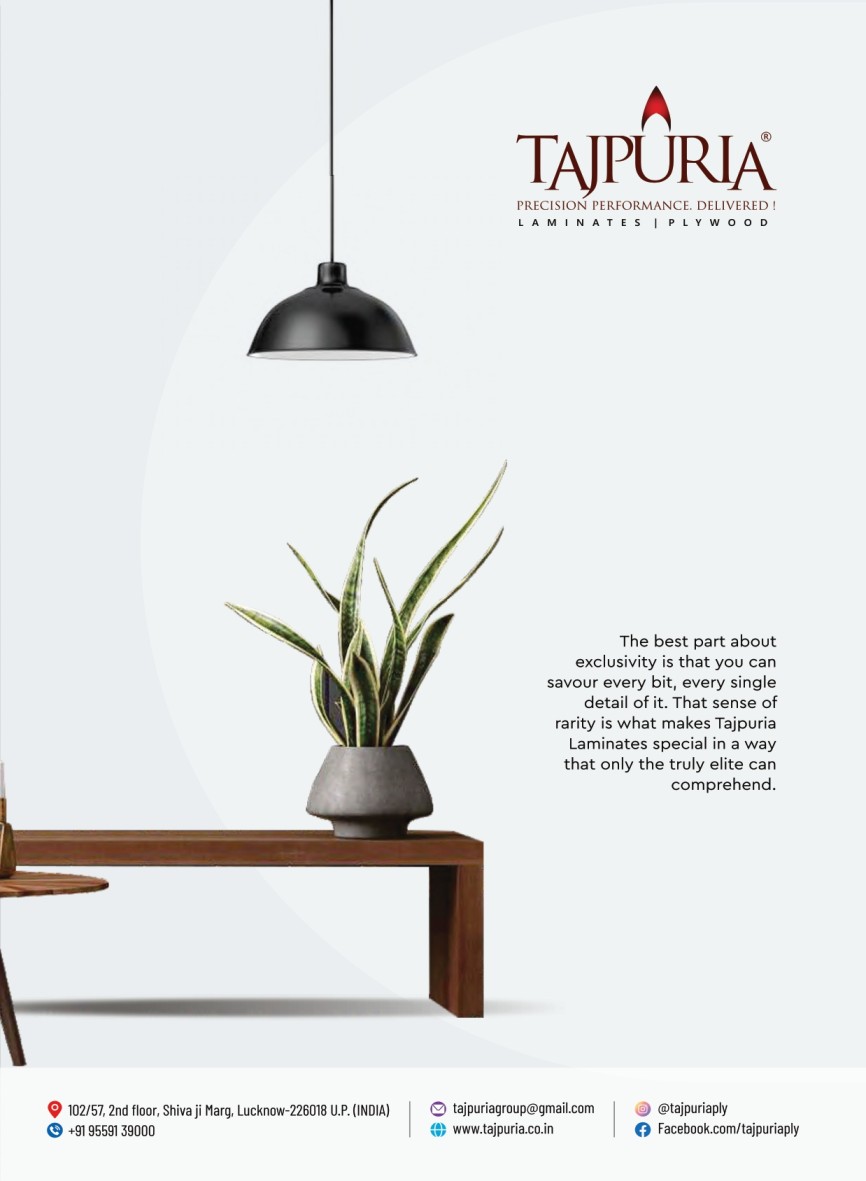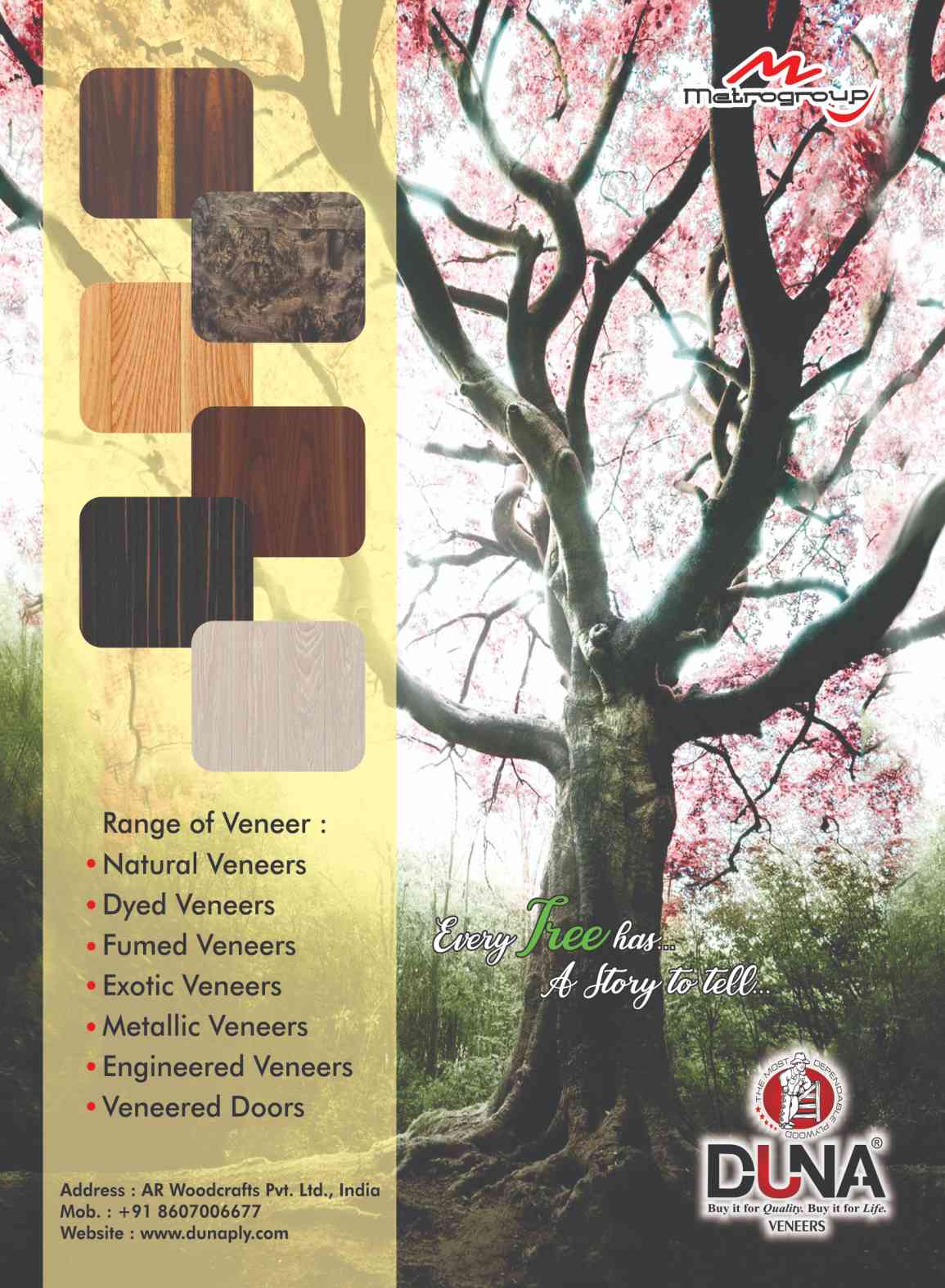
BIS reluctant to register foreign manufacturer
- December 15, 2023
- 0
The way the government is taking steps these days to try to curb imported plywood and other products on the verge of QCO, it can prove to be an effective step towards reducing the threat of foreign products in the market. This effort from the government is applicable to all items on which the government has recently issued quality control orders including plywood. This will also hold the importers of cheap plywood procuring from countries like China, Thailand and Vietnam and selling it in the Indian market.
The government has set quality standards for the indigenous and imported products under the QCO. Not only this, before exporting to India every company have to obtain Certificate from the Indian Standards Bureau.
Accordingly it will have to obtain BIS-certificate from the Government of India no matter in which country the manufacturing unit of plywood or other products is located in. Any plywood or other products manufactured in BIS certified factories can enter the Indian market. This rule has been implemented on so many products including plywood. After this, now every factory will have to get registered from Bureau of Indian standards for its product, even if such units are run by a single person or organization. Some importers reported that the government is delaying in issuing the certificates.
The pressure on all importer is increasing to meet market demand, and to maintain their supply & distribution. Hence these companies are left with no option but to buy domestic products. Many renowned companies including Nike, Mitsubishi and Carrier are reportedly facing difficulties in obtaining Bureau of Indian Standards (BIS) certification for their vendor factories in China.
Now these companies have approached the Indian government to allow entry of finished goods from factories of other Asian countries into the Indian market. Despite their requests, the government is hesitant in giving this certificate to factories located in countries like Thailand and Vietnam. Because the government fears that companies can launch Chinese goods in the Indian market through back door entry via Thailand or Vietnam.
This step of the government is likely to give a lot of strength to Indian plywood market. Till now, cheap plywood and other goods from abroad easily reached the Indian market, because there was no fixed rule for quality. Therefore importers had free rein. This was also one of the reasons why cheap plywood from countries like China and Thailand had a strong hold in the Indian market. As Indian plywood manufacturers pay attention to quality, their production costs tend to increase. As foreign goods are cheaper comparatively, Indian plywood was overpowered.
Now the government has taken steps to obstruct the free flow of such goods. Which can definitely be considered a good sign for Indian plywood. If this policy of the government is successful, then in the coming days the cheap foreign plywood which is troubling the Indian plywood manufacturers, will automatically be reduced from the market.
































































